- About Us
- Legal Services
- Family Law
- Property
- Marriage
- Immigration
- Contact
- Payments
Criminal law in Thailand can be complex. There are 2 types of criminal matters which appear before the criminal courts in Thailand. The first would be a case where the public prosecutor has accused the defendant of criminal activity. The second type of case is one where it arises from the civil lawsuit. Always seek advice from a criminal lawyer in Thailand for proper advice and assistance.
In terms of Section 39 of the Thai Constitution B.E.2550 (2007), the defendant is innocent until proven guilty. The first part after an arrest is that you should have the ability to apply for provisional release. In the West, this would be called applying for bail. Section 108/1 of the Criminal Procedure Code there are limitations on bail or provisional release. Under this provision, the courts can deny bail if they believe that the defendant will leave the country or tamper with evidence or cause other difficulties. Speak to our Thailand criminal court lawyers.
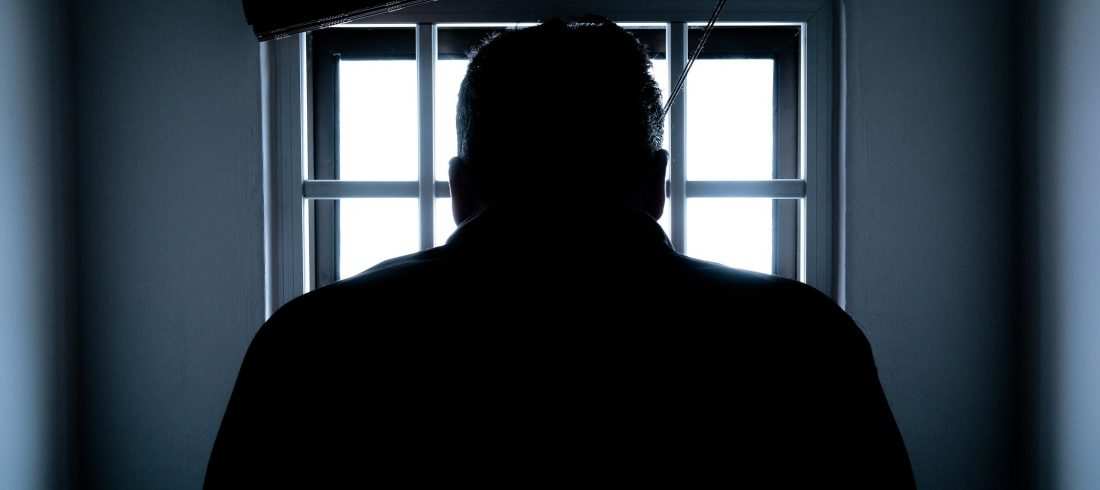
This is a basic breakdown of what happens in Thailand when you get arrested. You can also find our what the process is and also what type of bail you will get if any.

There are a number of ways that you can be arrested in Thailand. This can be with or without an arrest warrant as a warrant is not always needed.
If you need a Thai criminal lawyer then you must first understand criminal law in Thailand. This mainly as the law is multifaceted and you will require specialized legal expertise. You will also note that Thai criminal lawyers will need to navigate two primary types of cases. Those cases which have been initiated by public prosecutors as well as those arising from civil lawsuits. Likewise according to Section 39 of the Thai Constitution B.E.2550 (2007), you will note that all defendants in Thailand are presumed innocent until they have been proven guilty. Additionally post-arrest, the individuals can apply for provisional release, similar to bail in Western countries, but under Section 108/1 of the Criminal Procedure Code, bail may be denied if the court fears flight risk, evidence tampering, or other complications.
Finally you will also note that arrests in Thailand can occur with or without a warrant. Likewise you will need to also understand your legal rights. In addition, legal counsel should be sought immediately to navigate bail, interrogation, and the trial process. For expats, legal complexities often involve extradition, bail issues, and prisoner transfers, which are contingent on international agreements. Thus, consulting a knowledgeable Thai criminal lawyer is imperative to ensure proper legal representation and adherence to Thai legal procedures.

Your legal rights in Thailand have also been added to the links above and below. Always check with a criminal attorney while in Thailand.
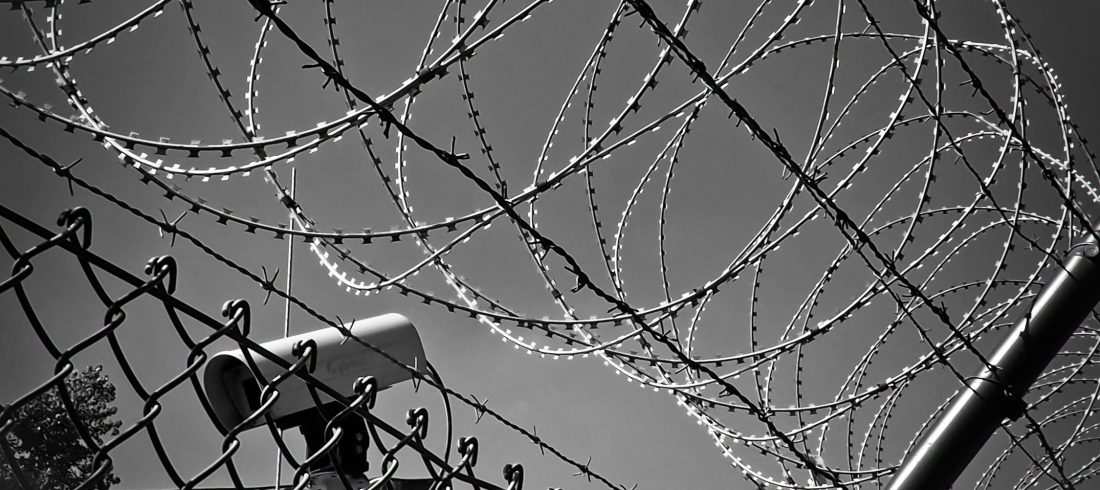
You should know your legal rights when arrested in Thailand and also understand the bail process after being arrested.

For expats bail will always be an issue. Take proper legal advice from a criminal lawyer in Thailand for assistance once you have been arrested.

Always take proper legal advice before making any statement to the police. Speak to a criminal lawyer in Thailand as soon as you have been arrested.

If you are found guilty there is also a prisoner transfer scheme in Thailand but these are only for certain countries and there is a time limit and process to these transfers.

The issue of search warrants are covered as well as when you get summoned to the police station for your arrest. There is also a part of the criminal investigation covered elsewhere.
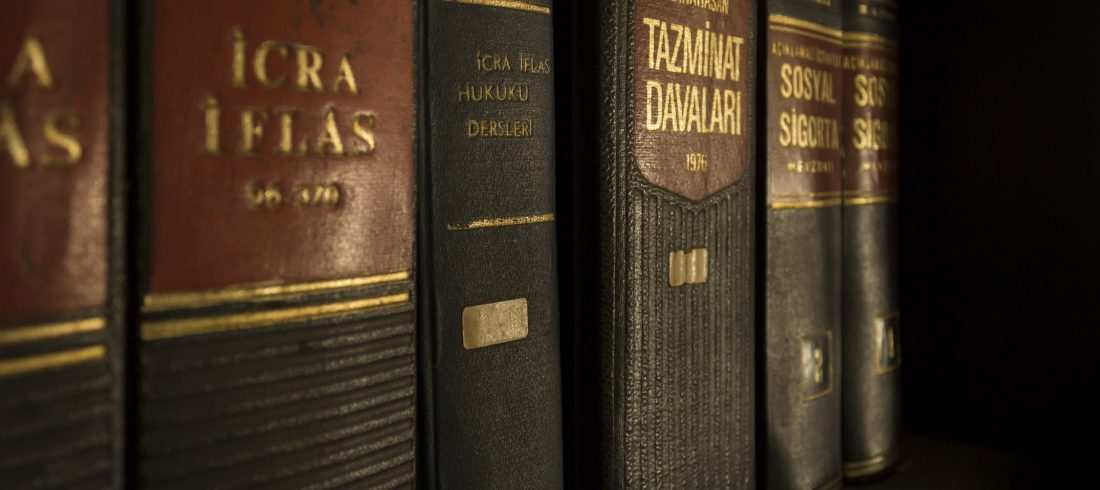
The process of arrest can start with a summons or an immediate arrest. Take proper legal advice on this matter when you are in Thailand and understand the process.

Here you can understand the criminal trial process in Thailand as well as sentencing. There is also the prison sentence as well as international prisoner transfers from Thailand.

You would need to know if your country has a prisoner transfer agreement with Thailand. There are certain conditions that will need to be met in order to obtain your transfer.

Extradition in Thailand is a complicated process. In order to reach this stage there are certain conditions that need to be met in order for this to occur. Seek extradition lawyers.

These are some of the more common personal crimes committed in Thailand. Should you look and see what your problem is then contact us as your Thai criminal lawyer.

If you want to know about the most common property crimes in Thailand. Then you can see these explained by laws and rulings. Speak to us as a criminal lawyer in Thailand.

Extradition in Thailand is a complicated process. In order to reach this stage there are certain conditions that need to be met in order for this to occur. Seek extradition lawyers.
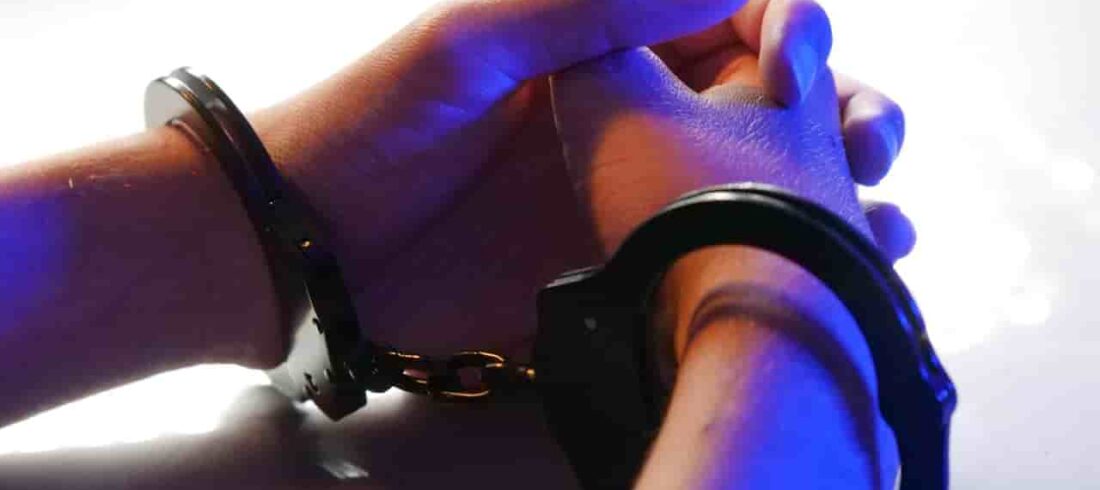
You will need to have proper extradition lawyers in Thailand. Extraditions can be stopped and you can see how this can be done. See what can be done to stop an extradition.

This cover the Thai criminal Procedure Act. You can see how the criminal procedure works in Thailand. Speak to our criminal lawyer for advice when you are arrested.

Burglary in Thailand is also covered in the Criminal Procedure Code covers all you need to know about the criminal procedures in Thailand. See specific crimes highlighted on here as examples.

Drug offences in Thailand is heavily punished. Here is an overview of a case used as an example of what can go wring and why there is the Criminal Procedure Code and Narcotics Act.

This is a very serious offence in Thailand. The use of drugs and weapons are used an example to show you sentencing. Next to drugs this is the most serious crime.

Kidnapping is mainly stemming from family disputes during a divorce and are not very common. See the Hague Convention on Child Abduction on here

Assault and overstay are the most common crimes in Thailand when it comes to expats and foreigners in Thailand. Always speak to a criminal lawyer.

The Criminal Code Amendment Act (No.19) B.E. 2550 (2007) represents a significant change in Thailand. It broadens the definition of rape. Always speak to a criminal lawyer and ensure that your legal rights.

The new Domestic Violence Victim Protection Act still falls short in providing adequate safeguards for those enduring abuse within their homes. See also the assault in Thailand on this website and other laws.

The Thai Penal Code or Thai Criminal Code then Section 288 of the Act is where it starts. If someone kills another person, they could either get the death penalty or be put in prison for 15 to 20 years.
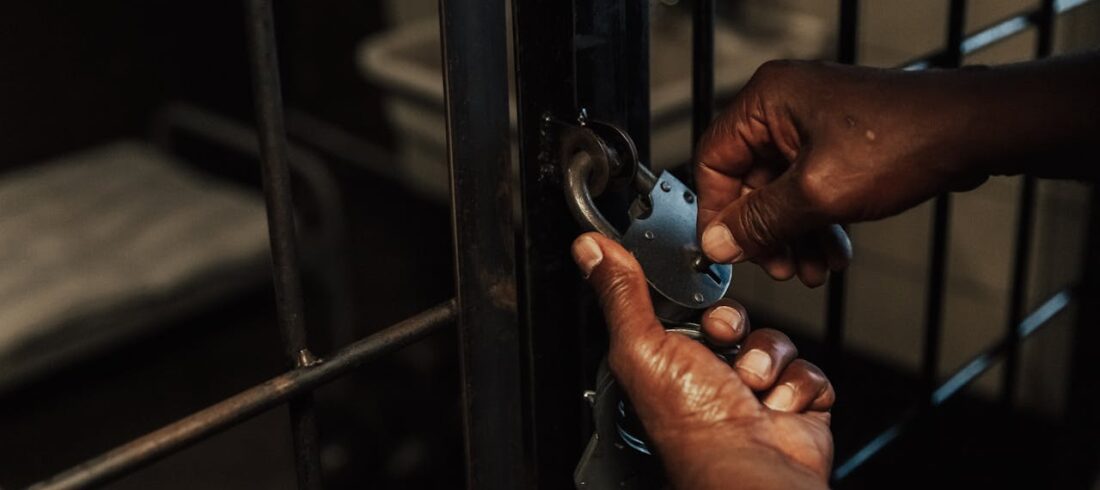
In Thailand assault under Section 295 of the Criminal Code states. Whenever an individual inflicts injury upon another, whether to their body or mind, they are deemed to have committed bodily harm.

These sections outline the legal provisions regarding the abandonment of children, sick persons, or aged persons in Thailand. See what the law says about child abandonment.

The Criminal Code defines the offense of receiving stolen property. It encompasses various actions. These, including assisting in concealing, disposing of, or purchasing property obtained through criminal activities.

In the matter of the offence of trespass in Thailand, as outlined in Sections 362, 363, and 364 of the Thailand Penal Code. It is imperative to underscore the gravity of the transgressions therein described.

When it comes to the crime of mischief as described in Chapter 7 of the Thailand Penal Code, it is paramount to explain the stipulated penalties. See what the Thai Criminal Code says.

The Criminal Code of Thailand describes offenses of misappropriation in Thai law in Sections 352 to 356. These have been explained below. Likewise see what this means in Thailand and obtain a criminal lawyer.

When it comes to the crime of mischief as described in Chapter 7 of the Thailand Penal Code, it is paramount to explain the stipulated penalties. See what the Thai Criminal Code says.

This page outlines the offense of cheating and fraud. This is where a person dishonestly deceives another through falsehoods or concealing facts to obtain property or manipulate documents.

Blackmail and extortion is not unknown in Thailand. Understand what the criminal laws in Thailand says about this and what the law says about this crime. Speak to us if you are not sure.

There is an overview of immigration law in Thailand which is mainly the issue of overstaying your visa in Thailand. You could very well be blacklisted in Thailand as the immigration enforcement has become regular. Seek overstay lawyers.

There is an overview of criminal law in Thailand as well as specific crimes which are committed in Thailand that may be of interest to readers. The most common crime is overstaying your Thai visa as well as assault which does occur.
